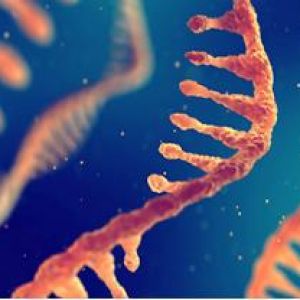New findings on Malaria Research: High Levels of IgA Antibodies Detected in AdulPosted by Candy Swift on January 27th, 2022 Malaria is a parasitic infection transmitted by infected female Anopheles mosquitoes, which can pick up the parasite when they bite an infected person. When parasites enter the human body, they go to red blood cells, where they grow rapidly until the cells collapse, releasing even more parasites into the bloodstream. Without established immunity, infants and children under the age of five are more vulnerable to infection of malaria. According to the World Health Organization (WHO), more than 400,000 people die each year from malaria infections, with more than two-thirds occurring in children under the age of five. A new study published on September 13, 2021 on Nature Partner Journal provides new insight into how the human body responds to malaria infection and may ultimately contribute to identify new methods of treating malaria or developing vaccines The immune system of the body produces a variety of antibodies to aid in the clearing of illnesses and the prevention of reinfection. Researchers looked examined additional antibody responses in individuals with malaria infection. They used to identify IgM antibodies, which appear early in many infections, along with IgG antibodies, which are the most abundant. They also found IgA antibodies. And recently researchers conducted a new research to evaluate more samples and analyze various groups of people in order to verify their findings. Antibodies were taken from the blood of 54 adult volunteers who had been infected with malaria in the laboratory, either by an IV injected directly into the blood or through mosquito bites. They also examined at blood samples from 47 children from Mali, West Africa, who had been recruited in a malaria vaccination trial and had acquired the disease during the research period. The scientists found high levels of IgA antibodies only in the malaria-infected adults. The researchers haven’t found out what triggers IgA antibodies to develop, but assumed it happens early in a malaria infection. They introduced possible explanations for the difference of IgA antibodies between the adults and the children. For example, children\'s immune systems might respond differently to the parasite than that of adults do, or it is also possible that IgA antibodies are only created during the first malaria infection. The author said they can now test to see if IgA antibodies prevent malaria parasites from going into the liver or red blood cells. They can also investigate which proteins in malaria these IgA antibodies target and whether they would be good candidates to use in a vaccine. Even with medical advances, malaria remains one of the leading causes of death in developing countries. Getting back to basics and exploring unknown fundamental mechanisms behind the body\'s response to malaria infection may be the key to revealing new ways to prevent and treat this devastating disease. And using IgA antibodies for infectious diseases treatment might provide a new research direction. Like it? Share it!More by this author |


